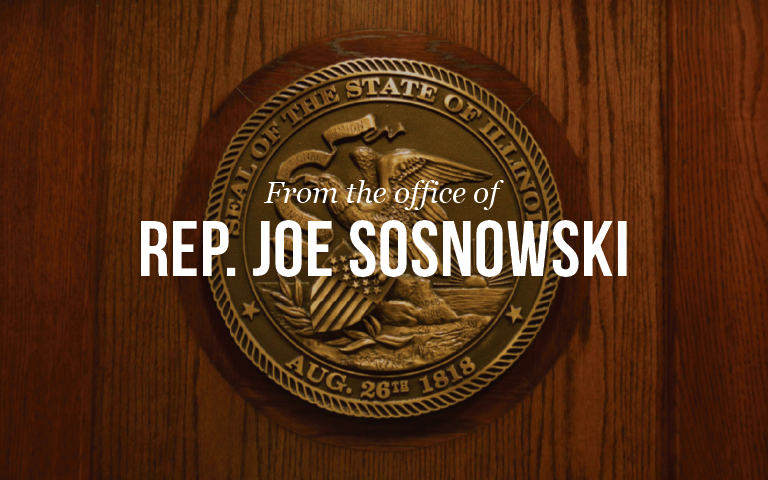 Public education in Chicago and around the state has been suppressed by poor fiscal management and riddled with conflicts of interest that continue to jeopardize the academic future of our youth. As taxpayers statewide, we need to band together and demand accountability and transparency when investing in education.
Public education in Chicago and around the state has been suppressed by poor fiscal management and riddled with conflicts of interest that continue to jeopardize the academic future of our youth. As taxpayers statewide, we need to band together and demand accountability and transparency when investing in education.
As a father, taxpayer, and legislator, I see how these poor spending habits and choices are affecting the opportunities available for students to excel at obtaining a brighter future. There have recently been several public issues that should cause concern.
A report on “Executive Compensation at Illinois Higher Education Institutions,” revealed that administrative staffing positions are outpacing student enrollment numbers. Higher education administrative staff from 2004 to 2010 increased 31.1%, while total student enrollment slightly increased by 2.3%. This is an example of bureaucracy within higher education growing too quickly. In addition, the investigations into the College of DuPage (COD) scandal brought into light “golden parachute” packages and other abuses of the public trust.
Meanwhile in K-12 education, the Chicago Public School system (CPS) personifies fiscal mismanagement. Despite a $600 million financial advantage provided by the state, CPS continues to fail. Legislators have continued to dump more money into CPS with no positive results. The exception is the blossoming of charter schools who do not need to operate under antiquated policies. The problem is so extreme that we need to provide CPS, and Chicago, the financial tools to declare bankruptcy. This appears to be a rapidly approaching necessity.
Underlying all these problems are management issues and conflicts of interest that fail our students. Public sector unions use a steady revenue supply from forced union membership that they have utilized for decades to elect Springfield leadership, leadership who in turn provided benefit enhancements to union memberships while disregarding the taxpayers and the well-being of our state. These negotiating conflicts do not exist with private sector unions because they do not elect the owners of companies with whom they negotiate…this is a huge difference.
This nonsense is still continuing. The Governor has negotiated multiple contract agreements with various unions, but the biggest, the American Federation of State, County and Municipal Employees (AFSCME), did not want to negotiate with the Governor, so they had their “bought and paid” for legislators try to change the law to take the Governor out of the equation. Fortunately, this proposal was stopped…only by one vote.
How does it benefit the taxpayers when both sides of the negotiation table are run by unions? It doesn’t.
We have to move forward and resolve these problems with commonsense reforms that reward fiscal responsibility and transparency. It is imperative that we find a sensible and responsible way to fund higher education and public schools, without special interests running the process. Our children deserve a better and brighter future. This can be done with university, union and education leaders working together with one primary focus, providing academic excellence for our youth.
